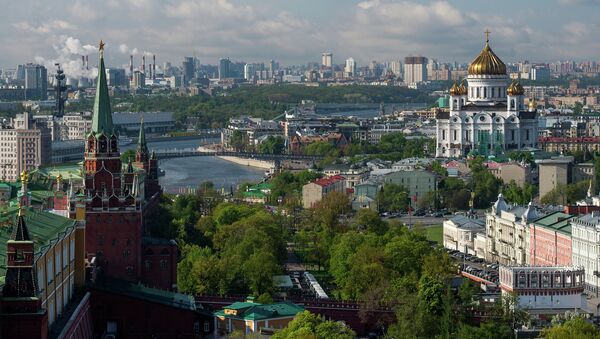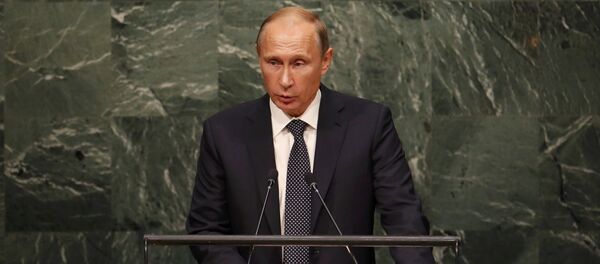Although NATO was carrying out a pro-active policy and moving closer to Russia's borders during the George W. Bush presidency, Washington was primarily concerned with its two costly military campaigns in Afghanistan and Iraq. Moscow was not really on the agenda as evidenced by headlines dating as far back as 2001.
"America's policy toward Russia made a dramatic shift the instant George W. Bush left office. Looking at the issues, the media coverage and the stated policies since 2001, several fundamental facts come to light. Once Barack Obama took the oath of office, … the anti-Russia rhetoric swung into a high gear," Butler asserted.
Washington's elite needed a new enemy since the civil wars in Syria, Libya and Ukraine, as well as a series of so-called color revolutions were not random or spontaneous events, but the outcome of years-long planning, the journalist maintains.
The US did not have to go far in its search for a new adversary. It chose Russia since Moscow was not willing to follow Washington's lead.
"At almost the instant Russian policy deviated from the obvious plan of Washington, all hell broke loose in condemning anything Putin is involved with," Butler stated.


